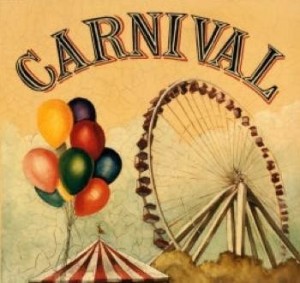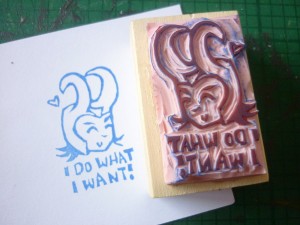My reasons for doing improvisation have evolved over the years. Initially I did it because my sister recommended me joining an improv group to make friends, since I had a background in theater. I actually auditioned for a role in Noises Off at the Tacoma Little Theater. That was my last scripted audition. They told me I came in runner up to who they cast. I’m not sure why I didn’t audition for anything else but as I started to do improv I felt this immense sense of joy and wanted to just keep doing it. So, I think my reason at the time and probably the reason of so many others is that it is fun. Doing improv is wild fun for the actor and the audience.
Even in my early days I’d be extracting concepts of what I thought would be the best joke. I found a healthy competition driving the improv to be hilarious and the interaction and sense of ownership by the audience is something you don’t get in other forms of theater. They feel like they know you and they feel like they belong up their with you. Which I think is why so many fans of improv eventually try it. That’s different from other forms of theater.
However – my views have changed. My goal used to be to have as much fun as possible. But now I’m attempting to design a show around my principles of great art and sometimes improv is not the best choice. Sometimes I want exacting wording and timing for the sake of the show. Sometimes writing something or having a pre-rendered idea is the best thing for a moment. In essence I script out certain atmospheric moments because I want a very specific message to get out. So if I can have that level of control, the question is why would I continue adding improv into my show when I could choose to control it all?
Improvisation brings an immediacy that scripted work does not. I want my show to connect with an audience. I want it to live and breathe and adapt. And I want to tell stories that involve exploration of ideas that the audience is thinking. One of the things I realized is that when something insane happens on stage an audience loves having a character agree with them that what happened was insane.
So what does this mean? Well, improv is not the be all and end all. I no longer consider it an end unto itself. I am no longer interested in doing improv for improv’s sake. I think that’s silly. I want to do great shows. I want to tell great stories. I want to connect with audiences and their energies. Improv brings qualities to the table that nothing else does. My show has set characters that we portray. The fact that we aren’t rehearsing lines but instead truly reacting to what’s going on, absorbs the audience and helps them forget that they are watching actors. The characters are living it in real time just like the audience. There’s less a suspension of disbelief because they know we really are reacting. Just like living creatures do. And I believe it makes us connect more. It creates greater empathy. We don’t have to create universal ideas to connect to the audience as scripted work would do, but instead we connect on the level of actually being present and adapting. It makes us more real. And that is the special thing improv brings.
If I can find a way to do that which is more effective, then I’ll stop doing improv. So why do it now? Because it’s the best tool for many of the jobs I wish to do.



